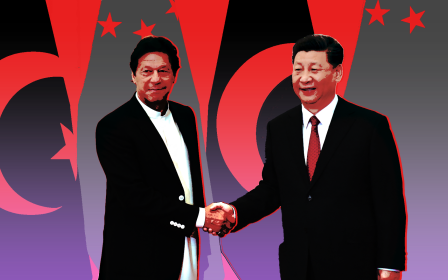Israel says 'suspicious' mug gifted from Chinese embassy was not bugged

Israel's Shin Bet domestic security service has concluded that a suspicious device found in a thermal mug gifted by China to the country's science, technology and space minister was not bugged after a routine screening of the item found "suspicious materials."
The mug, which was addressed to Minister Orit Farkash-Hacohen, had aroused suspicion when it set off an alarm during a security screening.
All the mugs given by the Chinese embassy to government offices, which were part of a greater gift box, had been collected for further inspection after the finding, according to the Jerusalem Post.
The newspaper had earlier reported the Chinese embassy as saying the accusation that the mug was bugged was a "baseless rumour" spread by "forces that want to undermine Israeli-Chinese relations".
Israeli Army Radio said government ministries had been asked to increase their supervision of gifts from China over fears they could contain "listening devices or cameras".
“Following the incident, security elements reiterated to government ministries the issue of receiving gifts from foreign sources, which require an examination,” the report said.
Government ministries have been instructed not to bring such gifts into offices, but to instead send them to security officers first.
In 2018, China denied a report in the French newspaper Le Monde that it had bugged the African Union’s headquarters, which Beijing had built and paid for in Addis Ababa.
Middle East Eye delivers independent and unrivalled coverage and analysis of the Middle East, North Africa and beyond. To learn more about republishing this content and the associated fees, please fill out this form. More about MEE can be found here.





